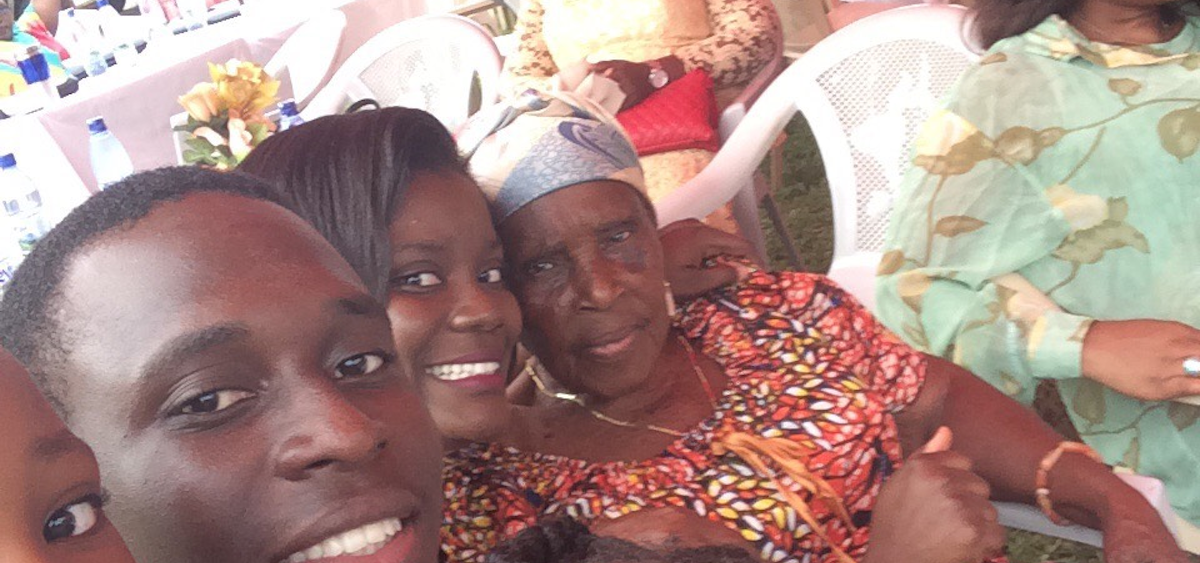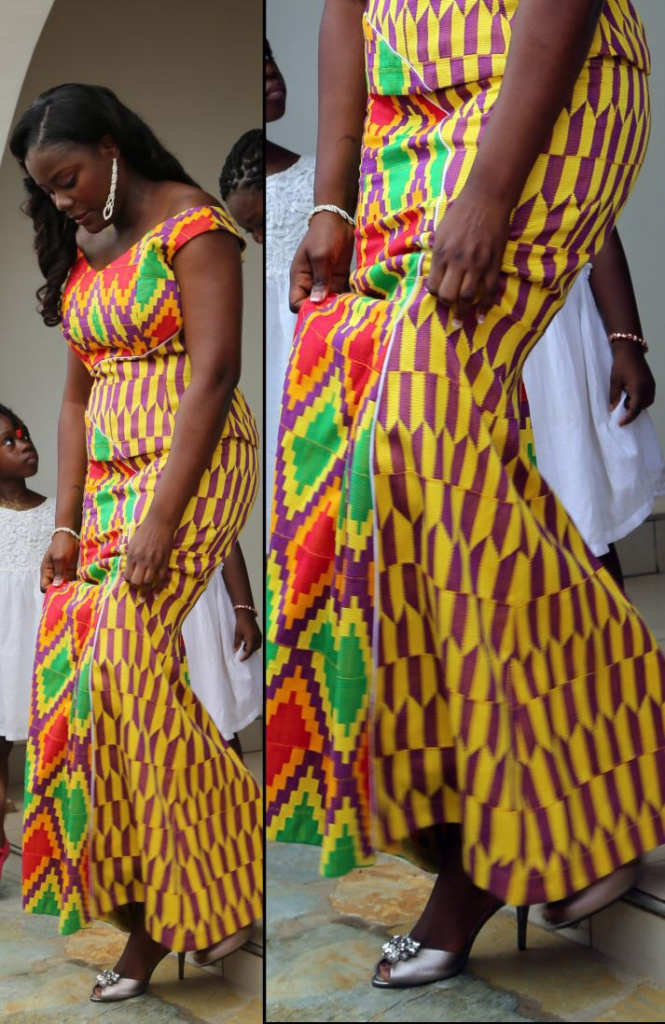Culture

A Teacher Abroad: a Profile of Ethel Sefako Anyani-Boudum
By: Natalie Colarossi
Posted on:
Ethel Sefako Anyani-Boudum, a graduate student and teaching assistant at Ohio University from Ghana, Africa, speaks of her aspirations to receive a masters and Ph.D. abroad in order to go back to Ghana and teach students in her home country.
It was in the early spring of 2008 when a class of students at Achimota School in Ghana, started to panic. In just a few months they would be expected to take West Africa’s most difficult secondary school examination, the WASSCE, which would determine their placement for a university education. The thought of this test induces a natural fear in students across the region annually, but the situation at Achimota that year was particularly concerning- a group of instructors decided to go on strike before teaching them their final lessons in organic chemistry.
The West African Senior Certificate Examination (WASSCE) is notorious for its excruciatingly tough grading; on average, only four percent of students receive a grade level A. The situation was starting to feel hopeless for Achimota students as the thought of an incomplete curriculum crept closer and closer to exam day.
That is, until fellow student Ethel Sefako Anyani-Boudum took command of her peers. Determined to pass the exam, Ethel read through the entire organic chemistry book and each day went to school to teach the class. Months later, they all passed.
Ethel, the defiant young woman and natural born teacher responsible for this success story, was born in the southern Volta region of Ghana in a small village called Adidome. She then moved to the Ghanaian capitol, Accra, to live with her aunt after the death of her mother at age three. At this time her father was mostly absent from her life, so his sister took in Ethel with open arms.
“My auntie has been my mom ever since,” she said with sincerity from the corner of her bare-walled office, set to the warm temperature of 75 degrees, a space of heat to remind her of home in the cold Ohio months.
Though she had no biological brothers and sisters growing up, the house she lived in was booming with children.
“Ghanaian culture is such that you call your cousins siblings,” she explained as she spoke highly of the three girls and one boy that she lived with.
Growing up in Ghana meant for a very communal culture in general; it was custom to call elders she had never met “aunt” or “uncle” upon greeting them, and if she was acting up as a kid the neighbor parents would feel comfortable enough to administer a spanking when her aunt wasn’t around.
“Everybody was always in each other’s business,” she explained with a light laugh.

She spent the majority of her young life here, playing ampe (a traditional Ghanaian game) in the blazing African sun, eating spicy peppered dishes, and working hard to get into prestigious public schools.
After receiving high marks on her final exams at Achimota (thanks to her self-taught success) she went on to receive a five-year education in humanities at the University of Ghana. Since public universities in Ghana often assign students three subjects of study rather than giving free reign to choose, Ethel was given English, Sociology, and Spanish.
The latter felt most intimidating as she had grown up speaking a total of eight different languages, none of which were Spanish, and would have preferred something she had previously studied instead.
But when it came down to it and she had the option to switch, she went for the challenge.
“I’m not the kind of person that likes to change stuff,” she said.
Looking back, she made the right choice. Spanish quickly became a passion of hers and was soon the focus of her studies altogether. She even became a top student in her courses and was offered a scholarship to study abroad in Cuba for 18 months.
Though she was considered one of the best in her language classes back home, as soon as she stepped off the plane in Havana, she was hit with a wave of shock.
“I remember getting off at the airport in Havana and crying. I couldn’t hear anything. I couldn’t even hear ordinary “hola,’” she said.
She explained that in Ghana they taught Spanish with an English perspective, a method which she felt left her severely unprepared for the realities of the language. But once more, Ethel prevailed.
Though often difficult and intimidating, it was during this time that she became fully fluent and immersed in the culture.
It was also in this period that she decided she would pursue both a Master’s degree and PhD in Spanish/ Latin American studies abroad, so that she could eventually bring her knowledge back to Ghana and teach Spanish properly.
“In Ghana we don’t speak any Spanish. The most we get are from watching novellas, and even then they are translated in English. When I was in Ghana I was horrible at Spanish. It wasn’t until Cuba that I could speak,” she said.
Knowing this was something she wanted to help contribute to her country, she applied to a list of universities around the world, and Ohio University was the first to respond.
“I thought O.K. They must see something good in you,” and just like that she moved to Athens in 2015.
Ethel is currently just one semester away from graduating with a dual masters in both Spanish and Latin American studies, and is in the process of applying to universities around the states for her PhD.
“If I want to go back home, I feel that the formation should be complete,” she explained.
Her skills and ambitions will come full circle back to the classroom; transitioning from the 18 year old girl who once taught her class impromptu organic chemistry, to the 29 year old woman perfecting Spanish across the world.
“I have just always loved to learn and teach,” she said.
Her husband, whom she grew up with in Ghana, is also in the process of obtaining a Ph.D. at Ohio University, and their only son, Kojo, is just 10 months old.
Though it will be a while until she moves back to Ghana for good, her aspirations will remain focused: return to teach in the country she was raised in, to the place of community that she often finds herself missing in the midst of a fast-paced and independent American culture.
“I miss Ghana every day, but it has been a nice experience away from home.”

